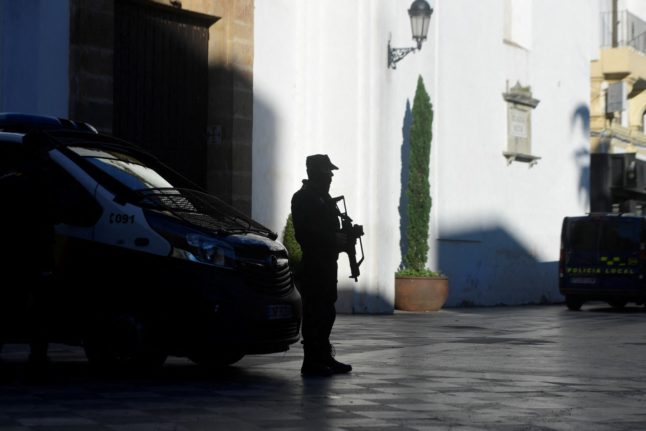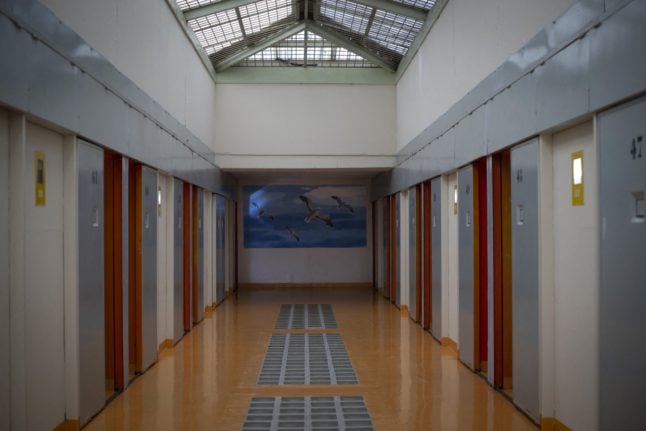The suspect was arrested in Barcelona on suspicion of links to the Islamic State (IS) group, with a Guardia Civil police statement saying he had “extensive connections” with other group members in Asia, Europe and North America.
Police began investigating him last year after noticing he was “using encrypted instant messaging platforms to express support for IS” and engaging in an “intense propaganda effort to encourage terrorism”.
Through his online profiles, he spread and translated “a great deal of jihadist content about terrorist activities in different contexts and about materials for making explosives”, it said.
The suspect followed “strict security measures” in all his communications, using “tools that let him operate anonymously” online, and was in touch with other jihadist sympathisers abroad to “offer training and instruction in terrorism”.
Investigators also found he was using cryptocurrencies, saying they “did not rule out his involvement in funding terror activities”.
The suspect was brought before a Spanish court on March 19 and remanded in custody, with police in Canada and Sweden also arresting several of his contacts, the statement said.
“Propaganda efforts by terrorist groups using the internet and social media are key to keeping up the terror pressure in the West,” it said, referring to online propaganda as “one of the main strengths of different jihadist organisations”.
The police operation was carried out with the collaboration of Spain’s CNI intelligence agency, Sweden’s SAPO intelligence service, France’s domestic intelligence agency DGSI and the European policing agency EUROPOL.



 Please whitelist us to continue reading.
Please whitelist us to continue reading.
Member comments